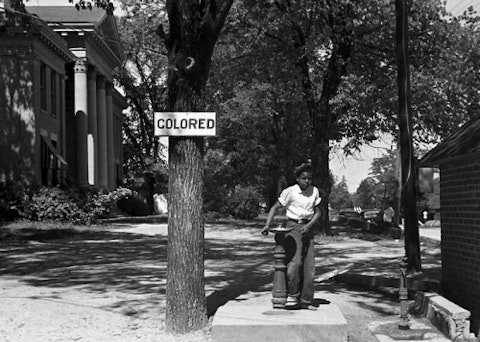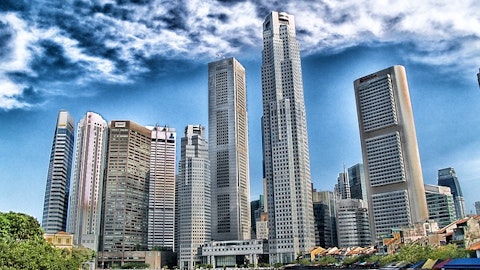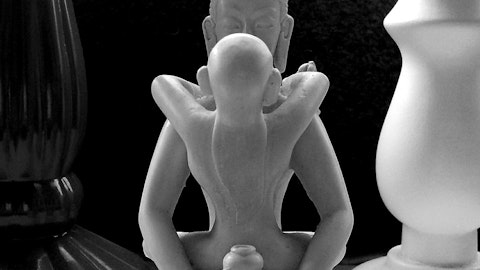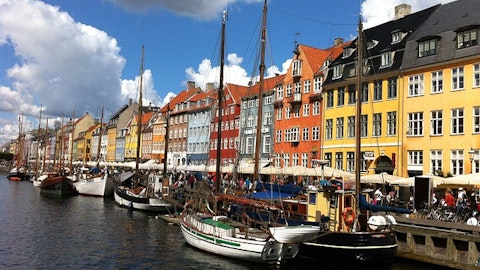Have you ever wondered which are the most racist countries in the world? Despite what many of us who live in more inclusive societies think, racism is still a major problem in many parts of the world. Racism consists of any negative action or discrimination that is based on “racial” characteristics, be it skin color, heritage, or some other trait that is a part of who they are as a people and race.

Of course, this racial distinction is an ideology which asserts that humans are divided into separate and exclusive biological entities called races, each one with particular inherited traits and other cultural and behavioral features. Currently, racism includes all sorts of distinctions, from ethnicity and religion, to cultural and societal affiliation.
Throughout our history, racism has been a driving force behind some of mankind’s greatest embarrassments as a species, including the slave trade, colonization, racial segregation, discriminatory laws and systems, Apartheid, genocides, The Holocaust, and many of the wars which have rocked nations and the world. After the Second World War, the United Nations Charter condemned racial discrimination and claimed respect for human rights. Moreover, in 2001 the European Union explicitly banned racism and any other form of social discrimination in their Charter of Fundamental Rights.
Despite the international denouncement of racism, this practice and discrimination has not yet disappeared. Although radical racism is no longer an outspoken practice, various forms of racism still exist in many of the most racist countries in the world, even in developed or so-called enlightened countries like Australia and Germany. It seems people still resort to these sorts of discriminatory practices when it comes down to it, and judge, fear, or dislike people because they are of a different race than them.
It seems these days it is even more important to call some attention to these issues for various reasons. We should bear in mind that both Western and Eastern societies yet carry out racist practices. Moreover, racism can be noted in the discrimination regarding job positions, access to privileges, political power and economic resources. This sort of discrimination is wide-spread across the world, even in some of the countries with the best quality of life. Our list featuring the Top 20 Countries With The Best Quality of Life reveals the particular living standards of those populations in different parts of the world, ranked according to the Human Development Index.
For this list, we have gathered some of the countries in which racism is yet a regular practice, making the quality of life for some of the people living in those countries quite poor and degrading. Which countries are still afflicted with this sad and archaic world view? Check out our list of the ten most racist countries in the world to find out; the results might surprise you!
No. 10 United States of America

This country has had racial discriminatory laws for most of its history, and it still holds some of the most racist people in the world. In the Deep South and Midwest regions like Arizona, Missouri, and Mississippi, racism is an everyday thing. African Americans, Asian Americans, Latin Americans, and European Americans can all feel the brunt of this racism in the Land of the Free.
No. 9 United Kingdom
The British are yet one of the most racist countries in the world. Society is especially racist towards what they call “Desi” people: immigrants from the Indian subcontinent. Yet, discrimination is also held against Romanians, Bulgarians, Russians, and all sorts of immigrants to their country.
No. 8 Australia
Australia might seem like an open and free country, but what many people don’t know is discrimination is pretty intense regarding the growing Indian population. During 2009 there was a surge in the number of hate crimes, specifically those targeting Indians.
No. 7 Rwanda
Rwanda experienced an extremely shameful genocide in 1994 when two ethnic races of Rwanda, Tutsi and Hutu, entered in conflict and resulted in the slaughtering of over 800,000 Tutsi people. Tensions exist between the two even today.
No. 6 Japan
Japan, despite being a first world country that has laws and regulations which forbid racism and discrimination, still allows “positive discrimination” practices. It has a very low tolerance for refugees and immigrants, which is one of the reasons Japanese society has remained largely exclusive, comprised of 98% native people. It also holds very strict restrictions towards the entry of Muslims into the island nation. In 2005, a United Nations report expressed deep concerns about racism in the country.
No. 5 Germany
Germany is still one of the most racist countries in the world. Long after the Second World War, Germans are still racist towards all foreigners. Moreover, the neo-Nazis still exist even today, with anti-Semitic ideas. Moreover, The National Democratic Party of Germany has been accused of tacitly propagating Neo-Nazi and Neo-Fascism.
No. 4 Israel
Israel after World War Two continued their ongoing conflict with Palestine. Within its limits, Israelis have been ill-treating both Israeli Arabs and Palestinian Arabs, and discrimination is extensive.
No. 3 Russia
Xenophobia is very intense in Russia, and racism is directed towards everyone who isn’t ethnically Russian. Fanatic racists are extremely anti-Caucasian, anti-African, anti-Chinese and anti-Jew, and these practices have sometimes led to hate crimes and gross human rights violations. The Russian government has tried to stop these crimes, but with little success.
No. 2 Pakistan
The conflict between two Islamic sects, the Shia and Sunni, has been ongoing for years. This conflict has led to terrible crimes, and apart from that, the long war with India has increased discrimination in both countries between Indians and Pakistanis.
No. 1 India
India is currently the most racist country in the world. India has a cultural racism which discriminates amongst social positions, families, and castes. The main rivalry between Marathi Manoos and Biharis is very intense. And yet, Indians won’t accept this fact and boast about their culture of diversity and acceptance. Moreover, xenophobia and Hindu-Muslim division increases the overall racism of the country.





